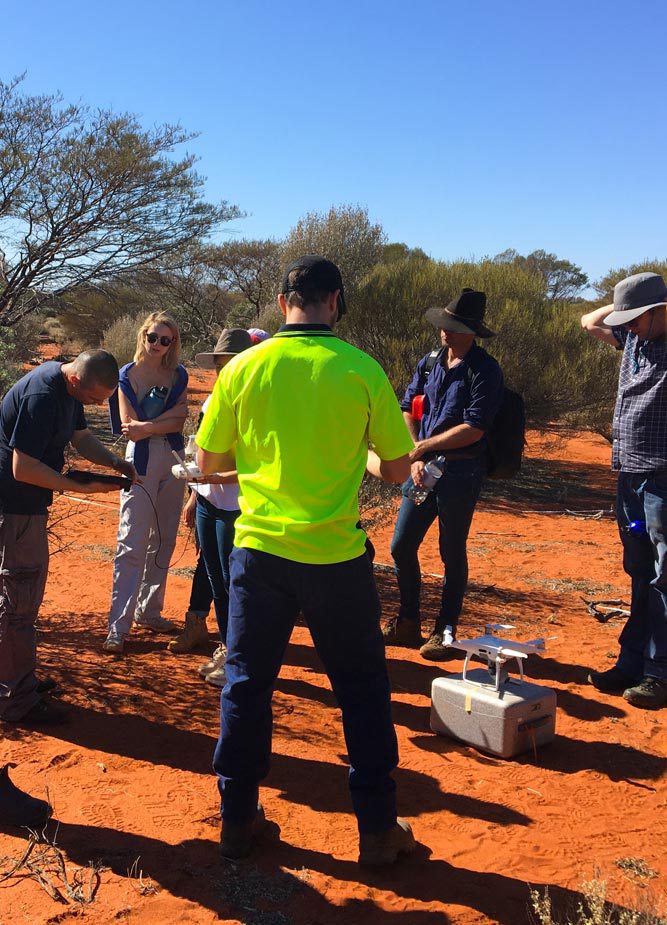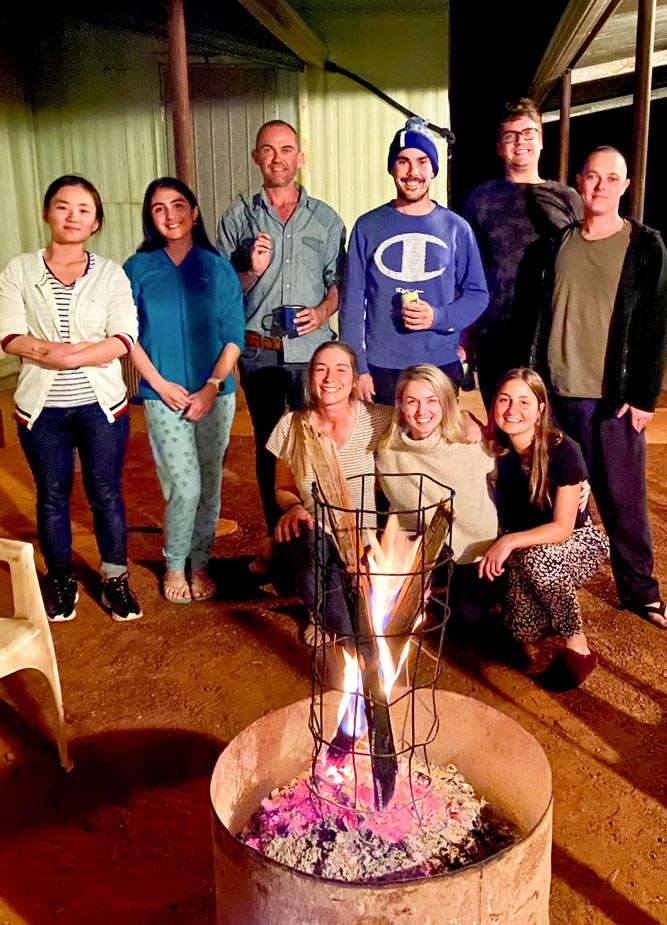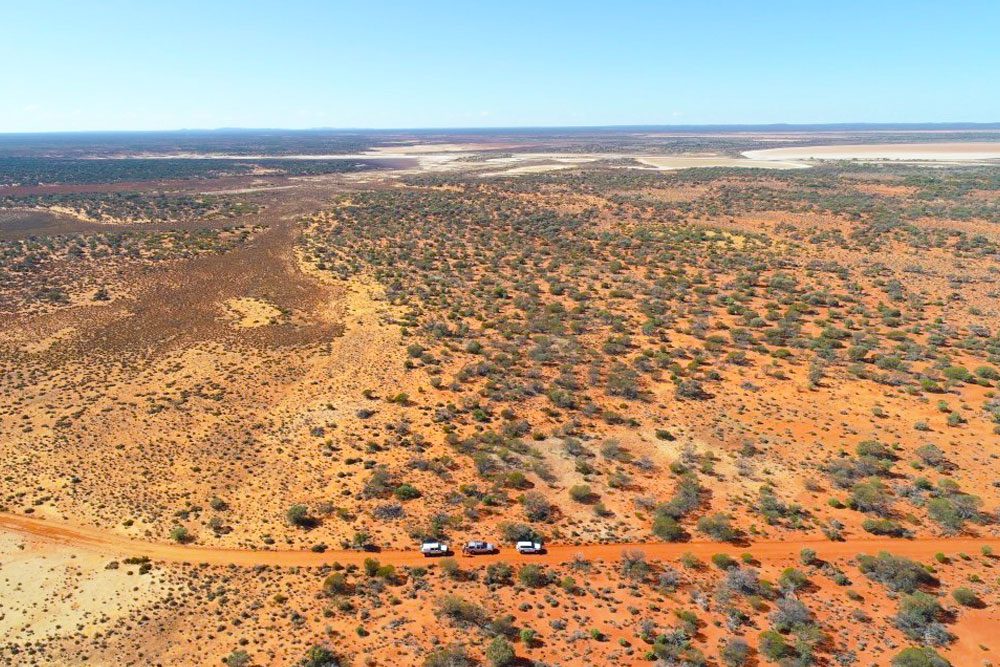I write this with one eye on the weather radar and fingers crossed for the band of rain heading across parts of WA. I hope it delivers useful amounts to our project partners in WA – it is desperately needed. (Weird fact: WA doesn’t have a formal system to declare drought but does have a ‘water deficiency’ declaration. If anyone knows the difference between drought and water deficiency, send your entries to erin.pope@selectcarbon.com). Of course, we watch the weather right across the country, and love hearing when someone has received a drink.
It seems cliché to comment on the obvious fact that we’re already halfway through the year. But time does seem to be travelling simultaneously slower and faster, with a mix of lockdowns, restricted travel and re-openings, all whilst there’s been plenty of activity with our projects. We’ve had a number of project audits completed this year, all successful. We have other audits in progress now, and will have on a continuous basis for some time.
For the WA projects, it’s been a continual learning curve as we wind our way through the many steps of approval, which can include interactions with mining companies, adjusting project areas where mining tenements need to be removed, completing Deeds of Agreement, Ministerial sign-off, approvals from the Clean Energy Regulator (CER) for multiple steps, bank consents, and more.
Our GIS team continues to work through project stratifications, achieving the high level of required accuracy. It really is an incredible achievement to be assessing vegetation at the 0.2 ha scale over properties that can be hundreds of thousands of hectares. Our GIS team spent a week with some of our field team on a WA station, to continue to strengthen the connections between our field data and remote sensing desktop analysis. After many months of looking at vegetation and spectral data from satellites on a computer screen, it was great for them to ‘re-calibrate’ their eyes and touch the real thing.


It’s been great to be hearing from a number of pastoralists about their work on improving water infiltration. The combinations of well targeted mechanical interventions (e.g., ponding banks, ripping and seeding) and livestock grazing as a land management tool can make a difference. Collecting the data to demonstrate gains, and to shape new carbon methodologies, is an important step that Select Carbon is investing in. Being able to eventually include carbon stocks above and below ground is the opportunity we want to help create.

